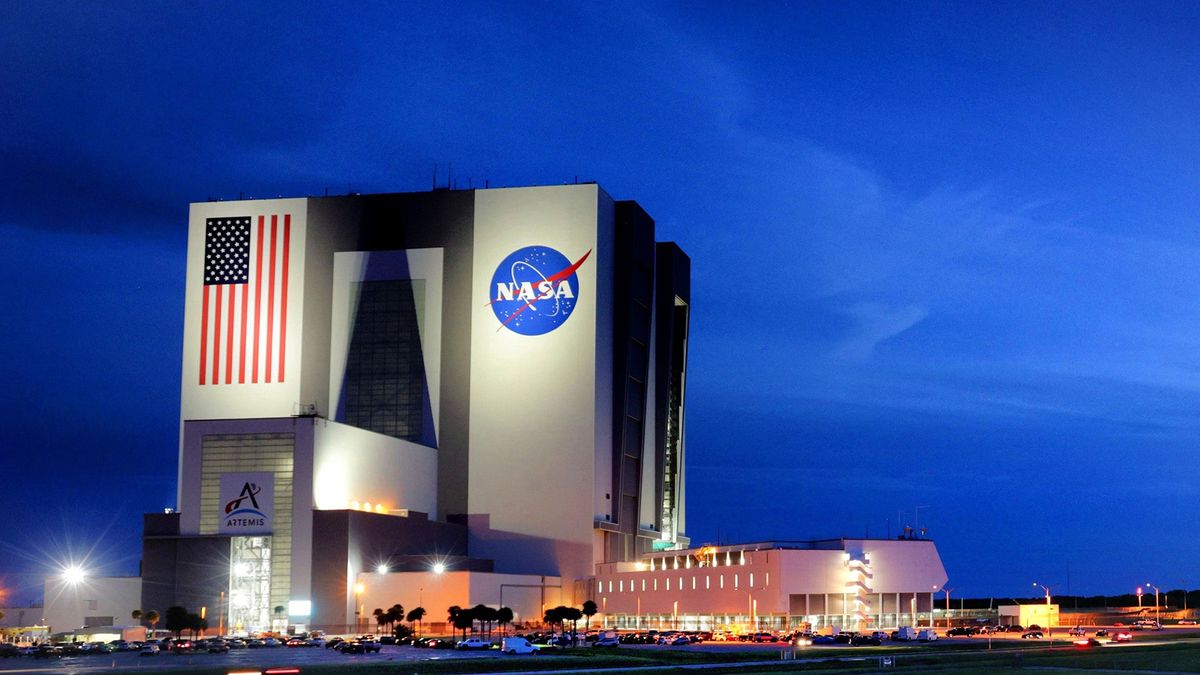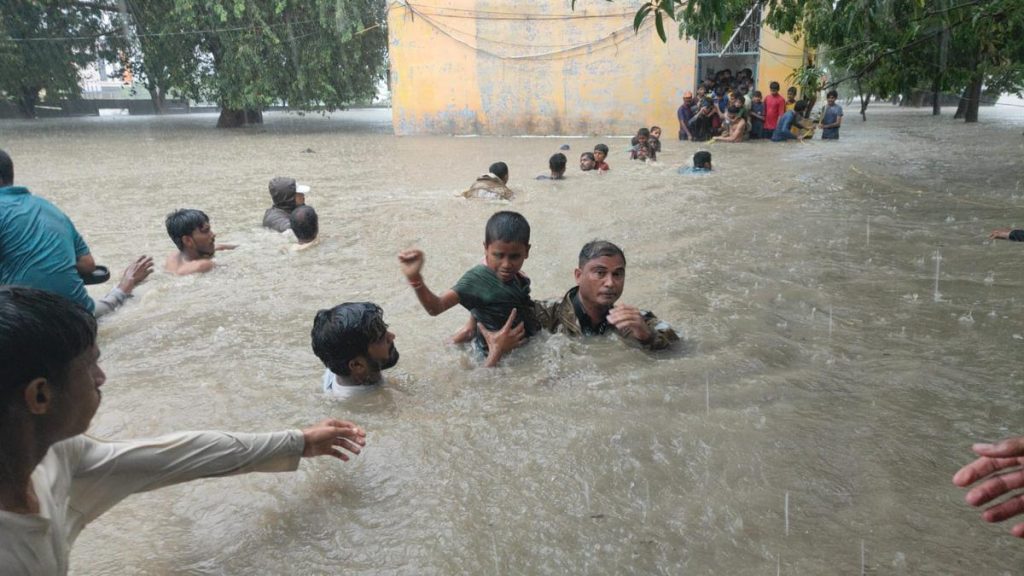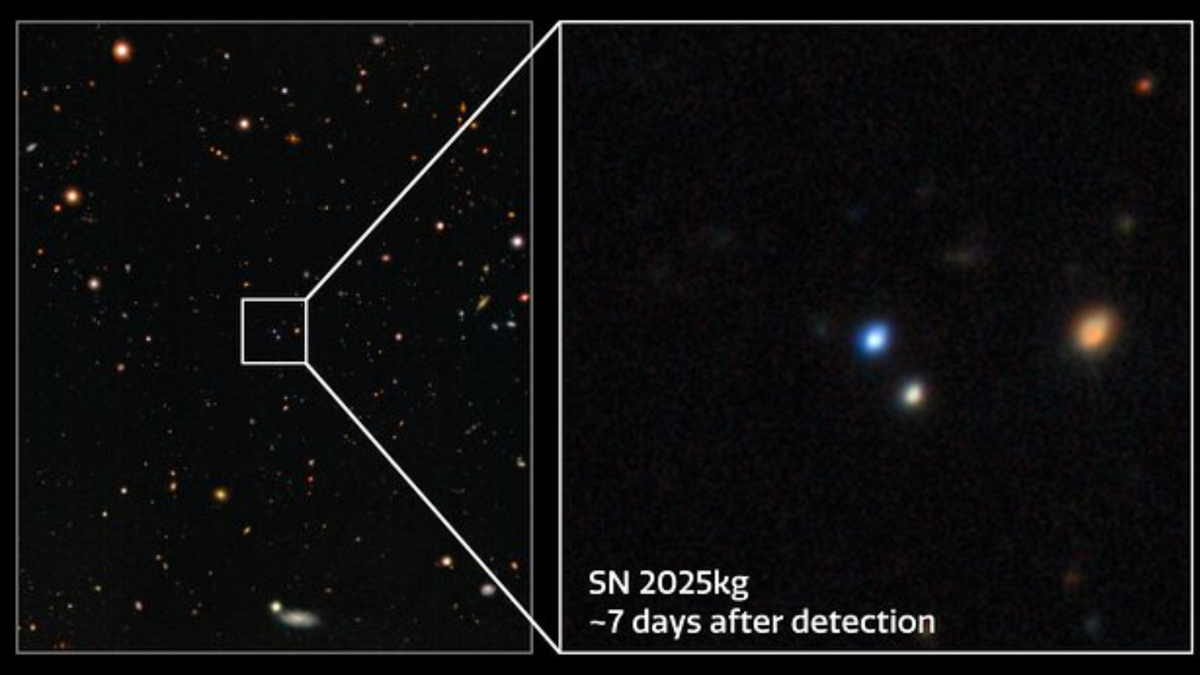Now Reading: Ex-NASA Science Chiefs Unite Against Trump’s Proposed Budget Cuts in Letter to Congress
-
01
Ex-NASA Science Chiefs Unite Against Trump’s Proposed Budget Cuts in Letter to Congress
Ex-NASA Science Chiefs Unite Against Trump’s Proposed Budget Cuts in Letter to Congress

Swift Summary
- Event: Seven former Associate Administrators of NASA’s Science Mission Directorate signed a joint letter opposing Trump’s proposed 47% cut to NASA’s 2026 science budget.
- key Concerns:
– Cuts could end dozens of current/future missions and substantially harm NASA’s engineering and scientific workforce.
– Billions of taxpayer dollars already invested would be wasted, risking U.S. leadership in space science to competitors like China.
- Economic Impact: Signatories argue that investments in NASA science have historically been strong drivers of the U.S. economy, technological innovation, and national security.
- Public Support: Programs like Mars rovers, Hubble Space Telescope, James Webb Space Telescope, and Parker Solar Probe demonstrate public value and global inspiration sparked by NASA initiatives.
- Past Responses:
– The Planetary Society labeled the cuts an “extinction-level event” for NASA science programs and launched a campaign with more than 20,000 signatures globally opposing them.
– Bipartisan congressional opposition has also emerged against these budget reductions.
!NASA Assembly building
(Image credit: Orlando Sentinel/getty images)
Indian Opinion Analysis
The proposed reduction in funding for NASA’s Science Mission Directorate raises broader questions about prioritizing scientific advancement versus fiscal constraints amidst changing governmental policies.From India’s viewpoint as an emerging player in space exploration with organizations like ISRO increasingly gaining international acclaim through prosperous missions (e.g., Chandrayaan), maintaining robust American leadership benefits global partnerships.
Cuts threatening core technological progress or research innovations could potentially slow cooperative ventures involving countries like India that look up to the U.S. as an ally in advancing shared goals such as deep-space research or climate monitoring via satellite technologies.India’s burgeoning space programme may find both opportunities (from gaps left behind) and challenges if leading pioneers scale back activities critical to cross-nation collaborations moving forward.
By analyzing this development neutrally but critically through lenses of economic impact on global knowledge ecosystems-including indirect effects on future bilateral agreements-India can better assess how shifting dynamics within major players influence broader progression within aerospace sectors globally.

























